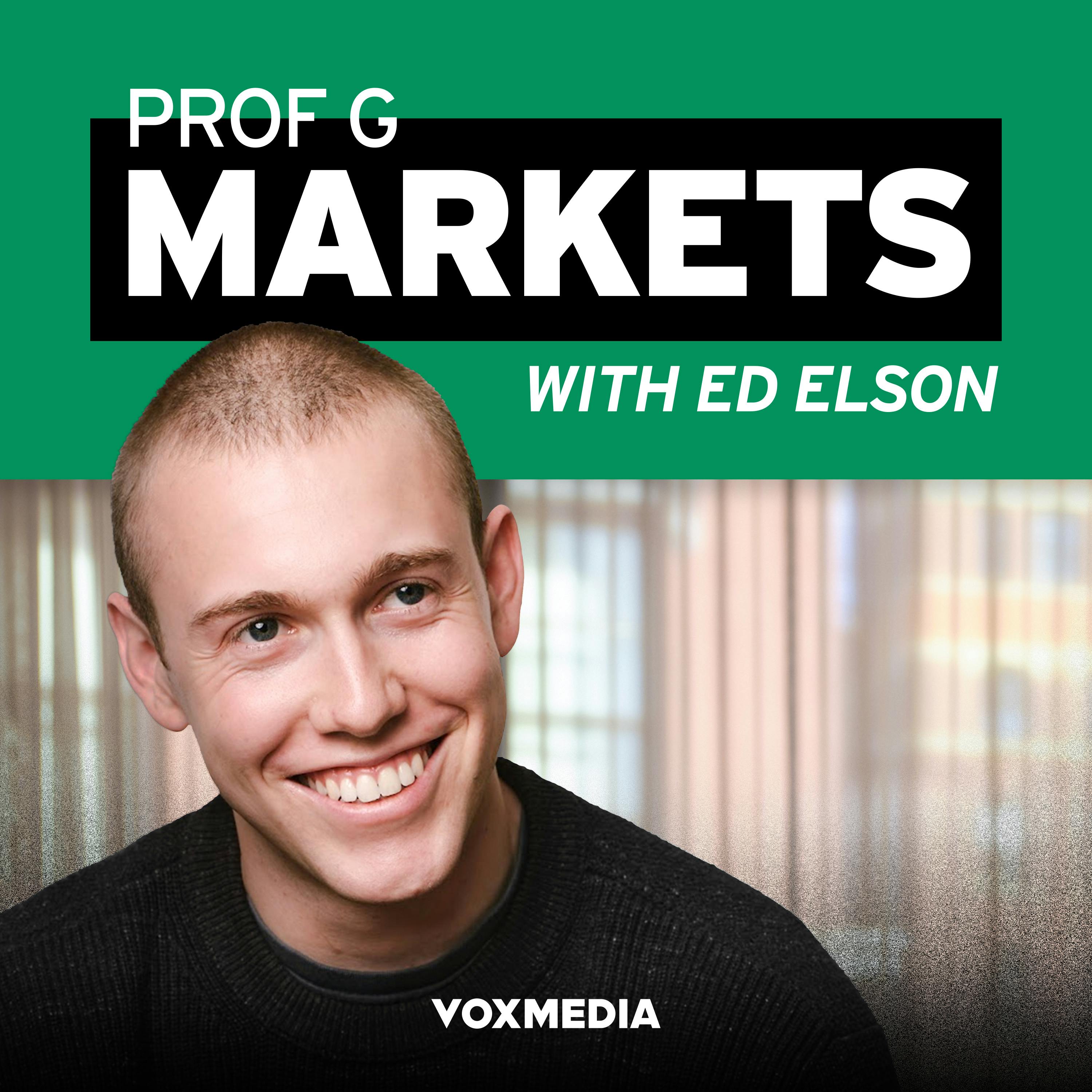Federal Appeals Court Strikes Down Trump’s Tariffs & De Minimis Loophole is Closed
Ed breaks down the implications of a federal appeals court ruling that found many of President Trump's tariffs were illegal. Then he unpacks the winners and losers from an executive order shutting down the de minimis loophole.
Check out our latest Prof G Markets newsletter
Order "The Algebra of Wealth" out now
Subscribe to No Mercy / No Malice
Follow Prof G Markets on Instagram
Follow Ed on Instagram and X
Follow Scott on Instagram
Learn more about your ad choices. Visit podcastchoices.com/adchoices
Check out our latest Prof G Markets newsletter
Order "The Algebra of Wealth" out now
Subscribe to No Mercy / No Malice
Follow Prof G Markets on Instagram
Follow Ed on Instagram and X
Follow Scott on Instagram
Learn more about your ad choices. Visit podcastchoices.com/adchoices
Press play and read along
Transcript
Transcript is processing—check back soon.
Prof G Markets — Federal Appeals Court Strikes Down Trump’s Tariffs & De Minimis Loophole is Closed





